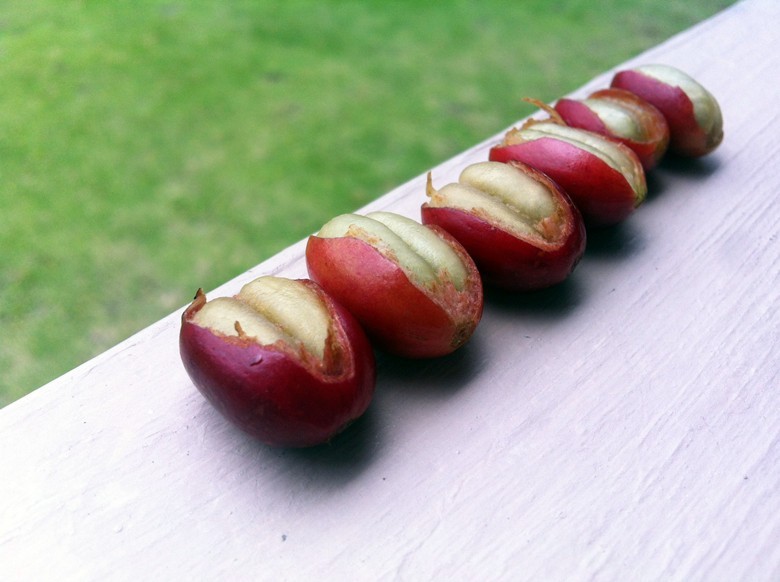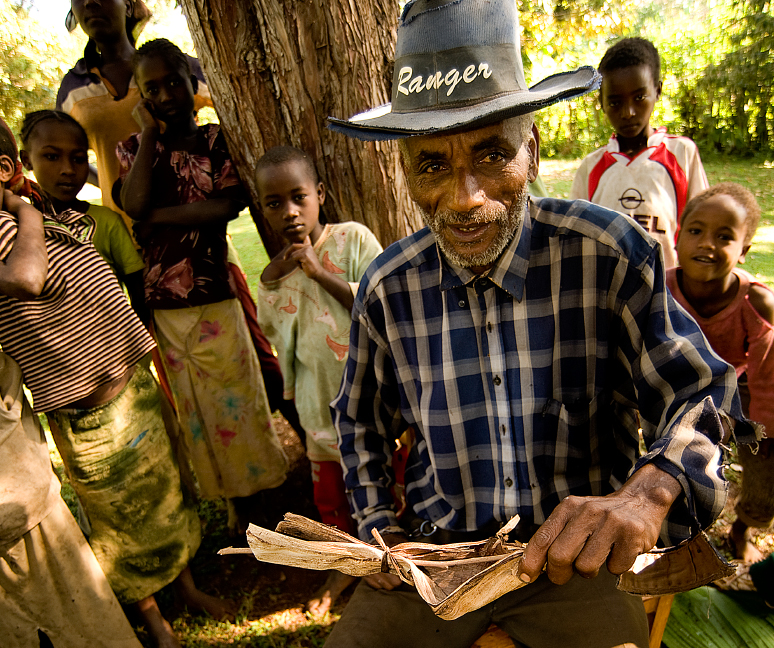How can Jia Tuji in Nyeri producing area of Kenya buy good coffee beans online
1. When buying beans online, you should pay attention to the production date, shelf life, packaging and sealing, the roasting degree of coffee beans, the types of coffee beans, and your utensils to determine what kind of beans you want. If you use blue mountain beans to make ESP, it is indeed a maverick way, but it is also too unprofessional and expensive, and the taste is not very good.
Beans with a production date of at least half a year.
Coffee beans from baking are generally bought medium and deep baking, the latter is suitable for MOCHA and ESP, the former is suitable for siphon, legal pressure, flannel, flannel, and so on.
Coffee beans are divided into caffeinated beans and low-caffeinated beans in terms of caffeine content. This refers to the caffeine content, the former generally caffeine content is 2.5%, the latter is generally 0.05% decaf coffee, the most popular in China is ILLY decaf coffee.
Coffee beans are divided into single beans and mixed beans from the production.
Single product refers to beans from a single producing area, such as Blue Mountain or Columbia, which are beans from a single producing area, that is, a bag full of Colombian beans. Please be careful when buying this online. Domestic brands cannot have individual beans. Domestic beans are sold cheaply, as can be seen from the price, a packet of 250g will not exceed 50 yuan, but what is written on the package, such as Blue Mountain, Manning, Colombia and so on, they are all baked beans and then added spices to make beans with that flavor.
Bean mixing means that beans from multiple producing areas are mixed together for baking.
two。 Which outlets are cheap and beautiful?
I'm not a coffee bean merchant, so I can't market myself. But in my opinion, there is a coffee shop on Taobao, and the beans are still very fresh, and then there are more questions and comparisons. Of course, to buy beans to choose merchants, logistics and service attitude are very important.
Country: Kenya
Grade: AA
Production area: Nyeri Central Dashan area
Altitude: 1600-2300 m
Soil quality: volcanic clay
Treatment: washing
Variety: SL28,SL34
Processing plant: Gatugi processing plant
Producer: small coffee farmers
Flavor: floral aroma, blackcurrant, cranberry
Kenya, located in East Africa, is one of the major coffee producing countries. More than 6 million people in the country are engaged in the coffee industry, mostly in the form of a combination of small farmers and cooperatives.
Coffee trees in Kenya are mostly planted at 1400-2000 meters above sea level, and the growing areas include Ruiri,Thika, Kirinyaga, Mt.KenyaWest, Nyeri, Kiambu and Muranga. Mainly in the foothills of Mt.Kenya and Aberdare.
There are many producing areas in Kenya that strive to preserve the native forest ecosystem, protect the natural gene pool, support the reproduction of wild coffee varieties and breed a variety of coffee trees.
In 1930, the unique Kenyan varieties SL28 and SL34, which were cultivated and named by the "ScottLaboratories" laboratory, were born in such a good environment.
According to botanists in SL laboratory, SL28 and SL34 are genetic variants. Among them, SL28 has a mixed pedigree of French missionaries, mochas and Yemens Tibica. The goal of cultivating SL28 was to mass produce coffee beans with high quality and resistance to diseases and insect pests.
Although the yield of SL28 was not as high as expected, the copper leaf color and broad bean-shaped beans have great sweetness, balance and complex flavor, as well as remarkable citrus and plum characteristics. SL34 is similar to SL28 in flavor, with a heavier, fuller and cleaner finish than SL28, except for the complex acidity and great sweetness of the finish. SL34 has French missionaries, bourbon, and more Tibica ancestry. Dou looks similar to SL28, but is more adaptable to sudden heavy rain. It is these two important varieties that lead us to the unique Kenyan style: strong acidity, rich taste and beautiful balance.

Important Notice :
前街咖啡 FrontStreet Coffee has moved to new addredd:
FrontStreet Coffee Address: 315,Donghua East Road,GuangZhou
Tel:020 38364473
- Prev

Where can I buy coffee beans online? Where can I buy coffee beans and wash Ethiopia with grade 9090 + water?
1. When buying beans online, you should pay attention to the production date, shelf life, packaging and sealing, the roasting degree of coffee beans, the types of coffee beans, and your utensils to determine what kind of beans you want. If you use blue mountain beans to make ESP, it is indeed a maverick way, but it is also too unprofessional and expensive, and the taste is not very good. The production date must be at least
- Next

Where can I buy coffee beans online? Where can I buy coffee beans? Jia Tuji Gatug from Nyeri producing area in Kenya
1. When buying beans online, you should pay attention to the production date, shelf life, packaging and sealing, the roasting degree of coffee beans, the types of coffee beans, and your utensils to determine what kind of beans you want. If you use blue mountain beans to make ESP, it is indeed a maverick way, but it is also too unprofessional and expensive, and the taste is not very good. The production date must be at least
Related
- What documents do you need to go through to open a coffee shop? coffee shop coffee shop certificate processing process
- How to purchase Coffee beans in small Cafe how to choose a suitable supplier for domestic Coffee supply Company
- How to drink Starbucks Fragrance White Coffee? how to make Australian White Coffee? what Italian coffee beans are recommended?
- The Story of Flora Coffee: the name of Flora Coffee Bean and the implication of the Flowers on Florna Coffee
- How much does a cup of coffee cost? How much is the profit of a cup of coffee? What is the profit of the coffee shop in a year?
- Yunnan small Coffee, known as "fragrant Coffee", introduces the characteristics of Alpine Arabica Coffee producing areas in Yunnan, China
- 2023 latest Starbucks full menu price list how much is a cup of Starbucks coffee what is better to drink the most popular hot and cold drinks recommended
- Starbucks different kinds of Coffee Price list Starbucks menu 2023 Top Ten Best drinks in Starbucks
- Starbucks Spring praise Comprehensive matching Coffee Bean theme Story Packaging implication and taste description
- The cost of a cup of coffee latte American coffee cost price and selling price

